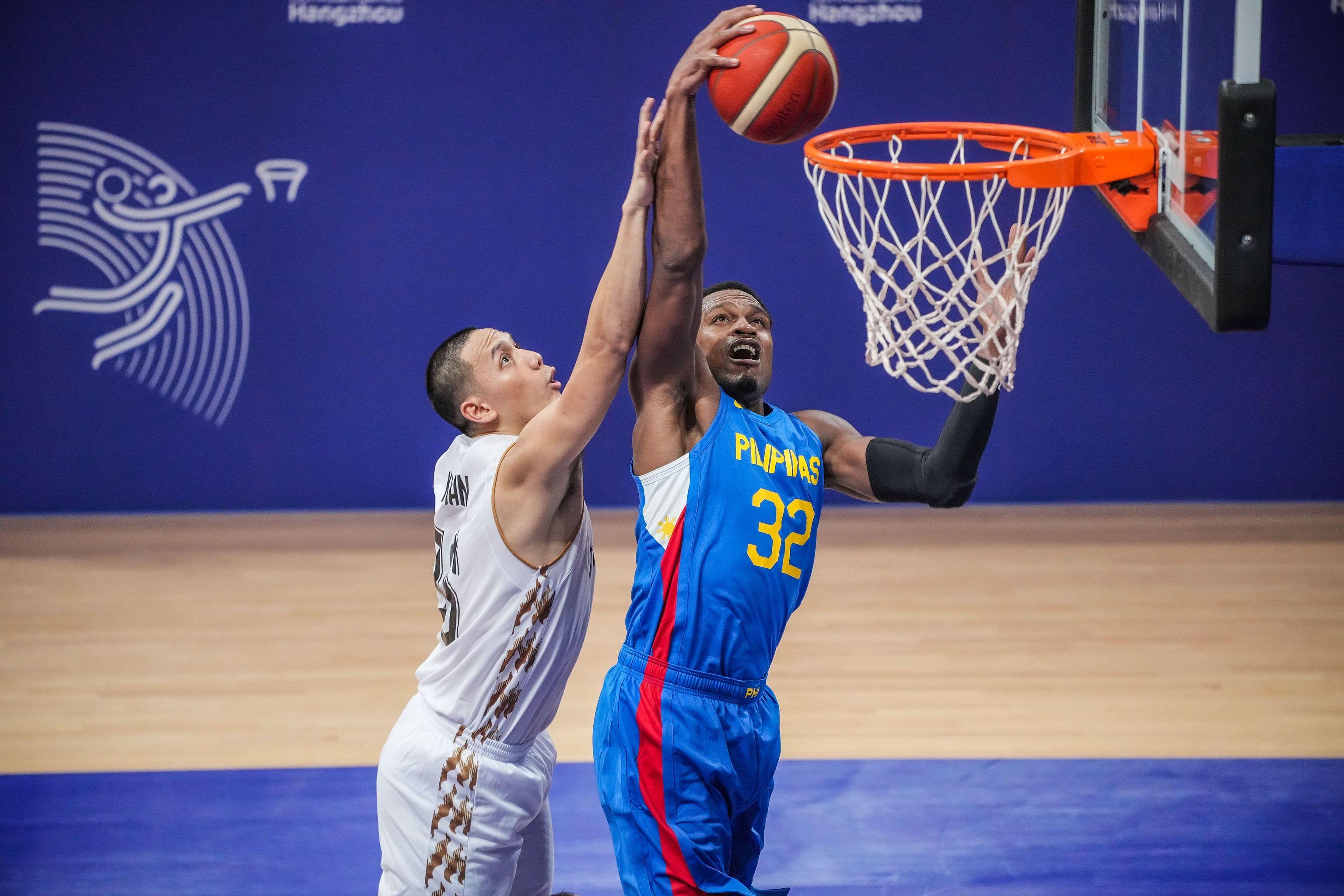What Asian Games rules say should happen to Gilas’ gold medal

After being a crucial part of the historic gold medal win of Gilas Pilipinas in the 19th Asian Games, Justin Brownlee has tested positive for the banned Carboxy-THC.
The said substance is linked to cannabis use, according to a report by the Agence-France Presse.
The International Testing Agency made the announcement on Thursday night (Manila time) and said the sample was collected on October 7.
Philippine Olympic Committee president Abraham Tolentino clarified that the gold medal will not be stripped away, citing Article 11.2 of the Olympic Council of Asia's Anti-Doping Rules for the Hangzhou Asian Games.
Article 11.1 of the OCA's Anti-Doping Rules on teams cites:
"Where more than one (1) member of a team in a Team Sport has been notified of an anti-doping rule violation under Article 7 in connection with the 2022 Hangzhou Asian Games, the ITA shall conduct appropriate Target Testing of the team during the 2022 Hangzhou Asian Games Period."
For the consequences for team sports, Article 11.2 states:
"If more than two (2) members of a team in a Team Sport are found to have committed an anti-doping rule violation during the 2022 Hangzhou Asian Games Period, the CAS Anti-Doping Division shall impose an appropriate sanction on the team (e.g., loss of points, Disqualification from a Competition or Event, or other sanction) in addition to any Consequences imposed upon the individual Athletes committing the anti-doping rule violation."
This is what Tolentino cited to assure that the Philippines' gold medal in men's basketball will be retained.
Aside from Brownlee, the ITA said Jordan's Bzai Sami has also violated anti-doping rules.
Brownlee still has October 19 to plead his case to the ITA. After that, he can appeal to test his B Sample and if that also shows a positive outcome, the Barangay Ginebra import will be handed a two-year suspension, which may also be imposed in FIBA-sanctioned events.
However, Brownlee was not the first Filipino athlete to fail the doping test.
She, however, still played in the competition the day after.
According to Article 10.1.2 which covers sanctions for individual athletes:
"If the Athlete establishes that he or she bears No Fault or Negligence for the violation, the Athlete's individual results in the other Competitions shall not be Disqualified, unless the Athlete's results in Competitions other than the Competition in which the anti-doping rule violation occurred were likely to have been affected by the Athlete's anti-doping rule violation."
In terms of eligibility for individual athletes, Article 10.2.1 says:
"Should an Athlete or other Person be found to have committed an anti-doping rule violation, the CAS Anti-Doping Division may declare the Athlete or other Person ineligible for the Competitions at the 2022 Hangzhou Asian Games in which such Athlete or other Person has not yet participated, along with other sanctions and measures which may follow, such as exclusion of the Athlete and other Person concerned from the 2022 Hangzhou Asian Games and the loss of accreditation.
No Athlete or other Person who has been declared ineligible as provided above or is subject to a Provisional Suspension may, while ineligible or subject to a Provisional Suspension, continue to participate in any capacity in the 2022 Hangzhou Asian Games ."
The Philippines had four gold medals, two silver medals, and 12 bronze medals in this year's Asiad.
—JKC, GMA Integrated News




